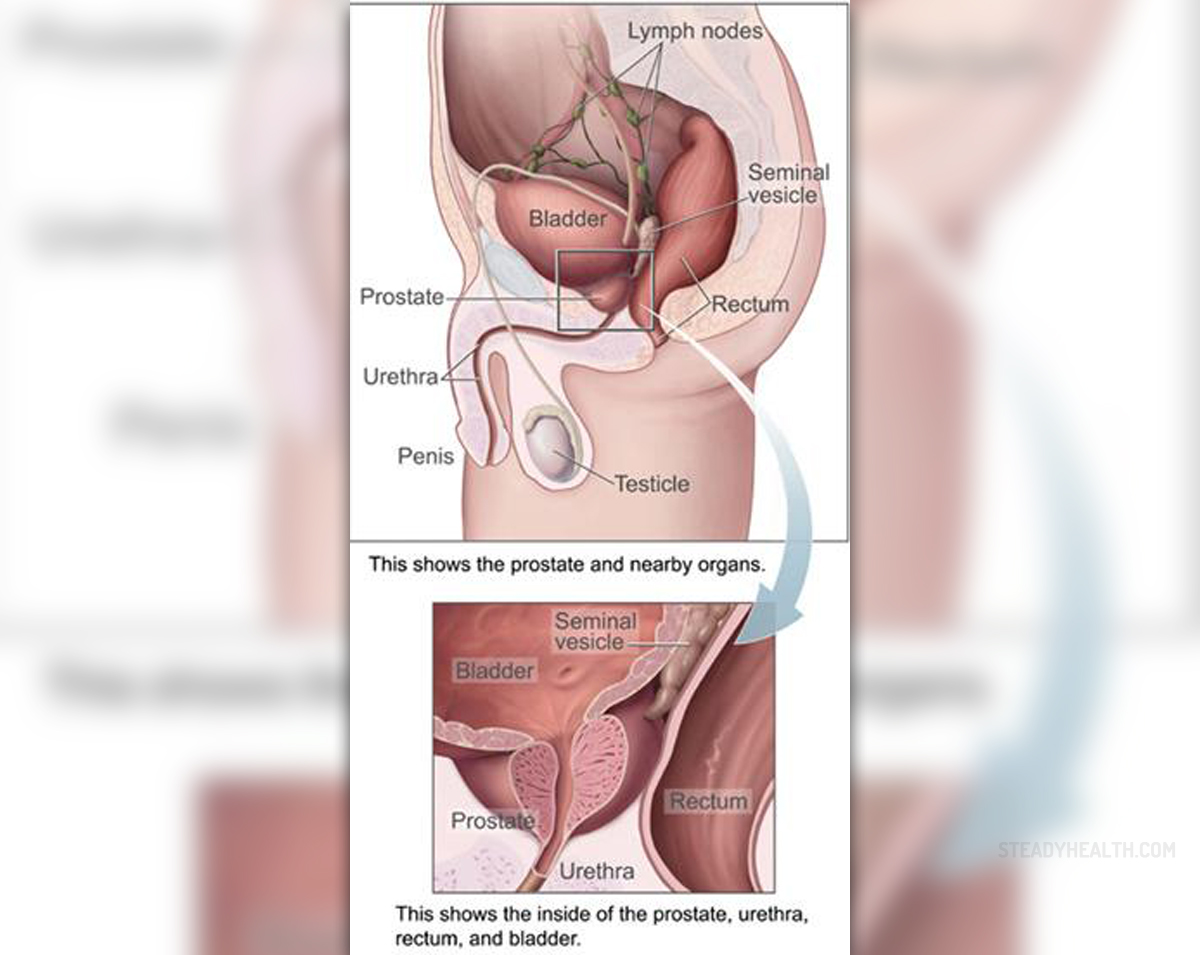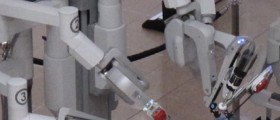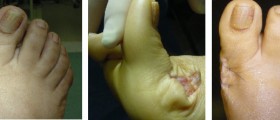Prostate Surgery - Overview
The prostate is a male gland that is located just below the bladder and at some time, may require surgery. It can be done as radical prostatectomy (most common surgical procedure in patients suffering from prostate cancer) or non-robotic laparoscopic and robotic laparoscopic surgery. In the first case the recovery time takes much longer than if a patient undergoes laparoscopic surgical procedures.
It is estimated that a number of men suffering from problems with the prostate increases every year. The problems connected to this gland used to affect older men. Today even young men have to face certain illnesses of the prostate. The doctor suggests surgery and it is only performed if a patient is suffering from specific medical conditions and if he is healthy enough to undergo operation. Surgery is a must in case of early detected prostate cancer and it may also be performed in patients suffering from benign prostate hyperplasia.
Prostate Surgery and Recovery Time
The length of a radical prostatectomy is 2-4 hours and non-robotic laparoscopic surgery lasts approximately 3-4 hours. After a radical prostatectomy patients are due to spend two more hours in the recovery room. A radical prostatectomy requires hospitalization of 2-4 days while in case of regular laparoscopic surgery a patient is discharged after 2 days. Only in case of a robotic laparoscopic surgery patients may go home after only 24 hours.
- 5 years after diagnosis, erectile dysfunction was more prevalent in the radical prostatectomy group than in the external beam radiotherapy group (79.3% versus 63.5%).
- Approximately 14%-16% of radical prostatectomy and 4% of external beam radiotherapy patients were incontinent at 5 years.
- Bowel urgency and painful hemorrhoids were more common in the external beam radiotherapy group than in the radical prostatectomy group.
Depending on the type of surgery the recovery time after prostate surgery may linger up to several months. This length refers to a complete healing process. Patients may feel better the very day after the surgery but they need to realize that their body will fully recover only after certain period of time.
Immediately after the surgery and within a few days patients may complain about pain and discomfort. The pain is alleviated with painkillers and the patients are advised to abstain from sudden movements and any kind of strenuous activities which may cause tear of the incision lines.
Prostate Surgery Aftermath
General guidelines for people who have undergone prostate surgery include, abstaining from driving and operating machinery, avoidance of any heavy lifting and avoidance of straining and pushing during bowel movements. Patients are also due to drink plenty of fluids and have a well-balanced diet in order to prevent constipation and subsequent problems.
There are certain problems which may occur after the surgery. The urinary flow may be strong after the surgery. Fortunately, it will become normal again. Furthermore, after the removal of the catheter a person may experience slight discomfort or a sense of urgency during urination. This problem will also subside after several months. A person also has difficulties controlling urination immediately after the surgery.
And finally, after transurethral surgery there is a chance that the scab inside the bladder loosens and the blood appears in the urine. Even though this may be alarming the bleeding eventually stops. Only if the bleeding does not stop, the urine remains darker or there are even blood clots in the urine a patient is due to report these changes to his surgeon as soon as possible.


















Your thoughts on this
Loading...